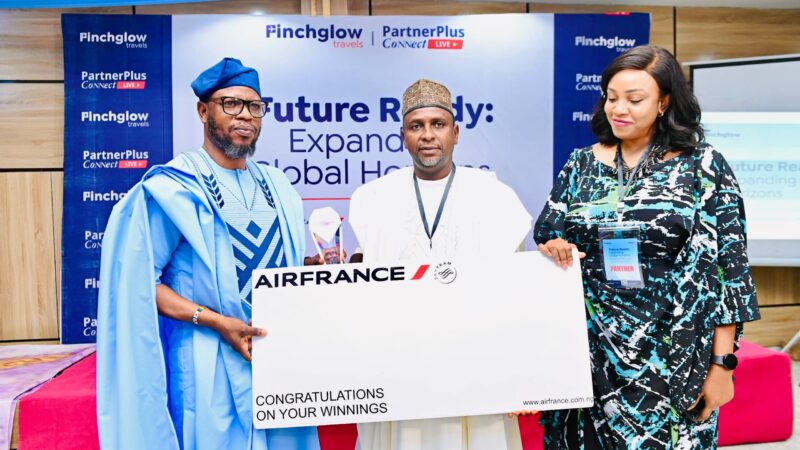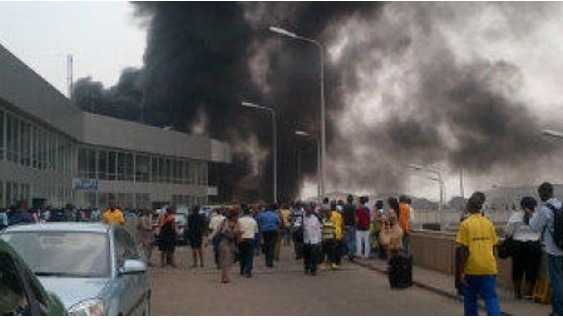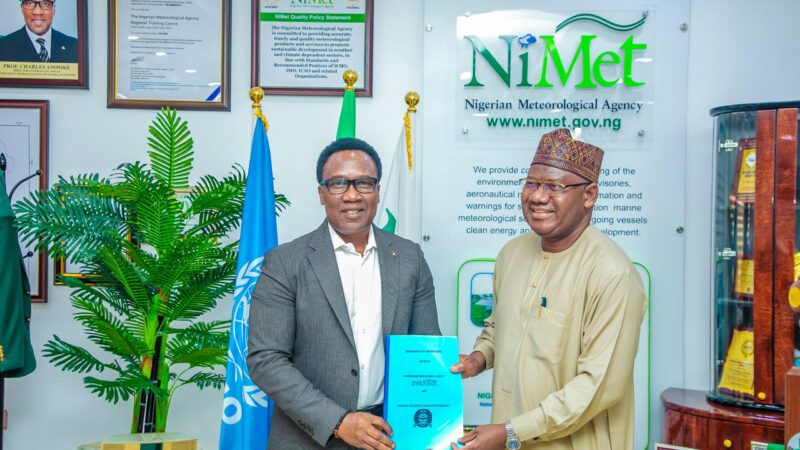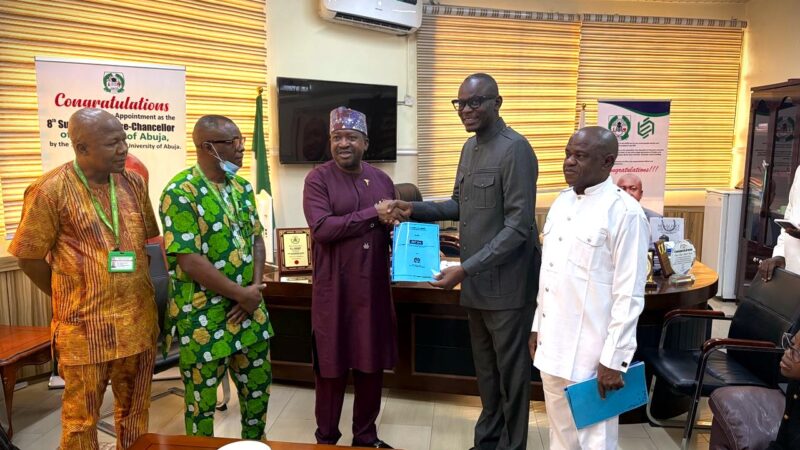Tinubu Calls for Innovation, Collaboration to Drive Nigeria’s Transport System
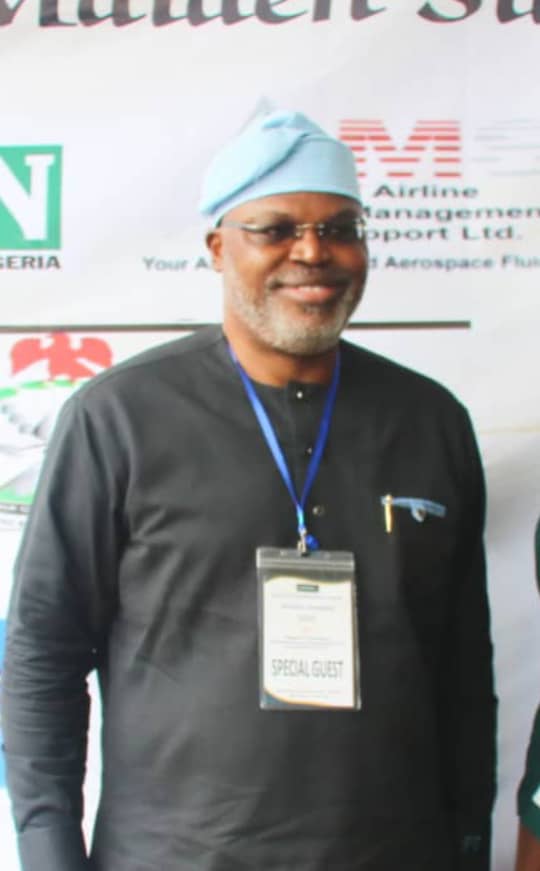
Nigeria’s journey towards an efficient, sustainable, and future-ready transport system took centre stage on Wednesday as the Managing Director of Primero Transport Services, Mr Fola Tinubu, declared open the Nigeria Transport Infrastructure Summit 2025 at the Providence Hotel, Ikeja GRA, Lagos.
Serving as Chairman of the Summit, Mr Tinubu emphasised the urgent need for innovation, collaboration, and strategic investment across all modes of transport – road, rail, air, maritime, and inland waterways – to unlock Nigeria’s full economic potential.
He commended JustAlive Communications Limited, the organisers of the summit, for creating what he described as “a timely and necessary platform” that brings together leaders, policymakers, private investors, and development partners under one roof to shape the nation’s transport future.
“Transportation is not just about moving human and material resources from one point to another,” Tinubu said. “It’s about connecting people, driving trade, supporting industries, and fuelling national growth. No economy can thrive without an efficient transport system. It is the backbone of productivity and a key driver of development.”
Addressing the summit theme, “Nigeria’s Transport Infrastructure: Innovation for a Sustainable Future,” Tinubu underscored the importance of embracing new technologies and fresh thinking to overcome persistent infrastructural challenges.
He noted that despite the current state of the country’s transport network – with roads under pressure, rail development still ongoing, ports and airports in need of upgrades, and underutilised waterways – there remains vast potential for transformation.
“Within these challenges lie tremendous opportunities,” he remarked. “We must innovate. We must think differently. We must build systems that are not just functional, but smart, sustainable, and ready for the future.”
Tinubu drew attention to the rapid global transformation of transportation through electric mobility, smart ticketing, intelligent traffic systems, and cleaner energy. He urged Nigeria to harness its pool of talent and creativity to develop similar solutions locally.
“What we need is collaboration between government, the private sector, and development partners to make it happen,” he said.
Citing Primero Transport Services’ experience, Tinubu stressed that successful transport innovation requires more than individual effort.
“At Primero, we’ve seen what’s possible when innovation meets commitment,” he said. “But the truth is, no single company or government agency can do it alone. It takes partnership, policy support, and a shared vision to build a truly integrated transport system.”
Encouraging participants to engage robustly throughout the summit, Tinubu urged stakeholders to translate dialogue into action.
“I encourage us all to engage openly, share ideas, challenge old ways of thinking, and most importantly, leave this summit with clear actions we can implement. Because the future of Nigeria’s transport sector is not written yet — we are the ones who will write it.”
The summit, which convened top government officials, industry experts, and transport innovators, aims to explore policy frameworks, financing models, and emerging technologies that can redefine Nigeria’s transport infrastructure.
Tinubu concluded his opening address by thanking the organisers, sponsors, and participants for their commitment to building “a better, more connected Nigeria.”
“Let’s make this summit count,” he affirmed, drawing applause from attendees.


